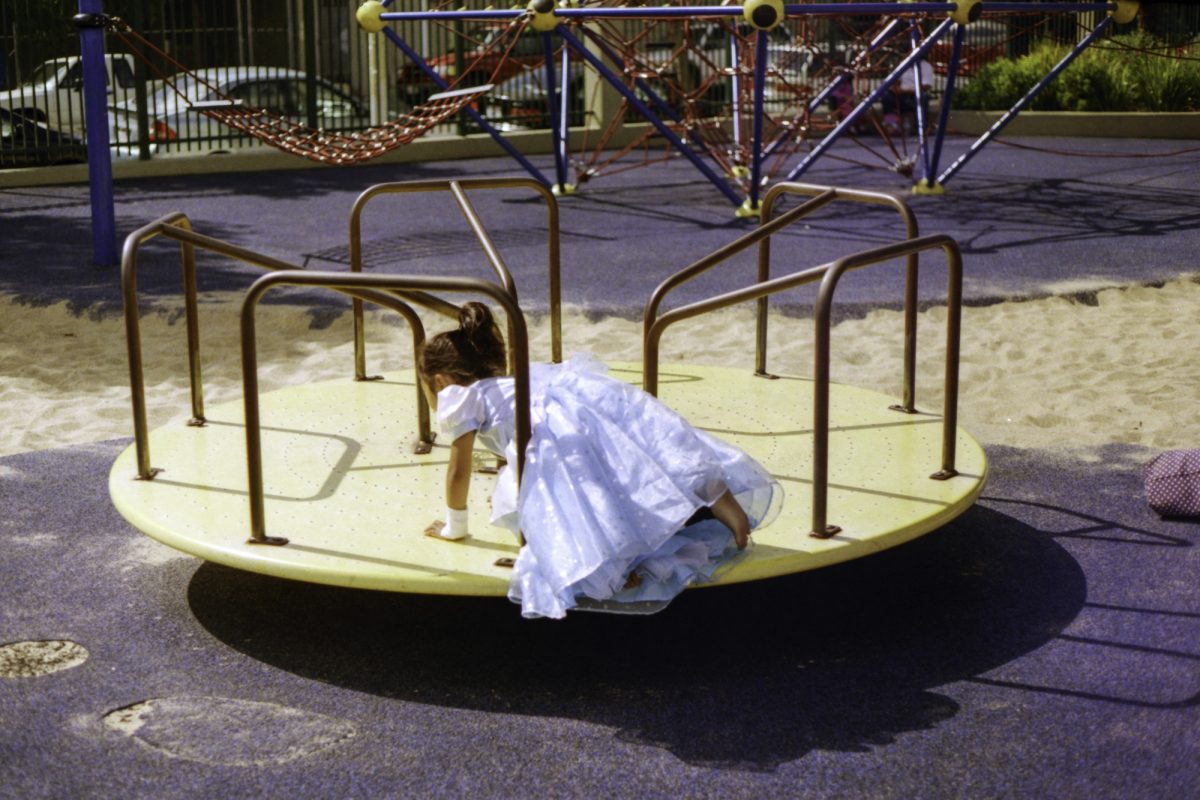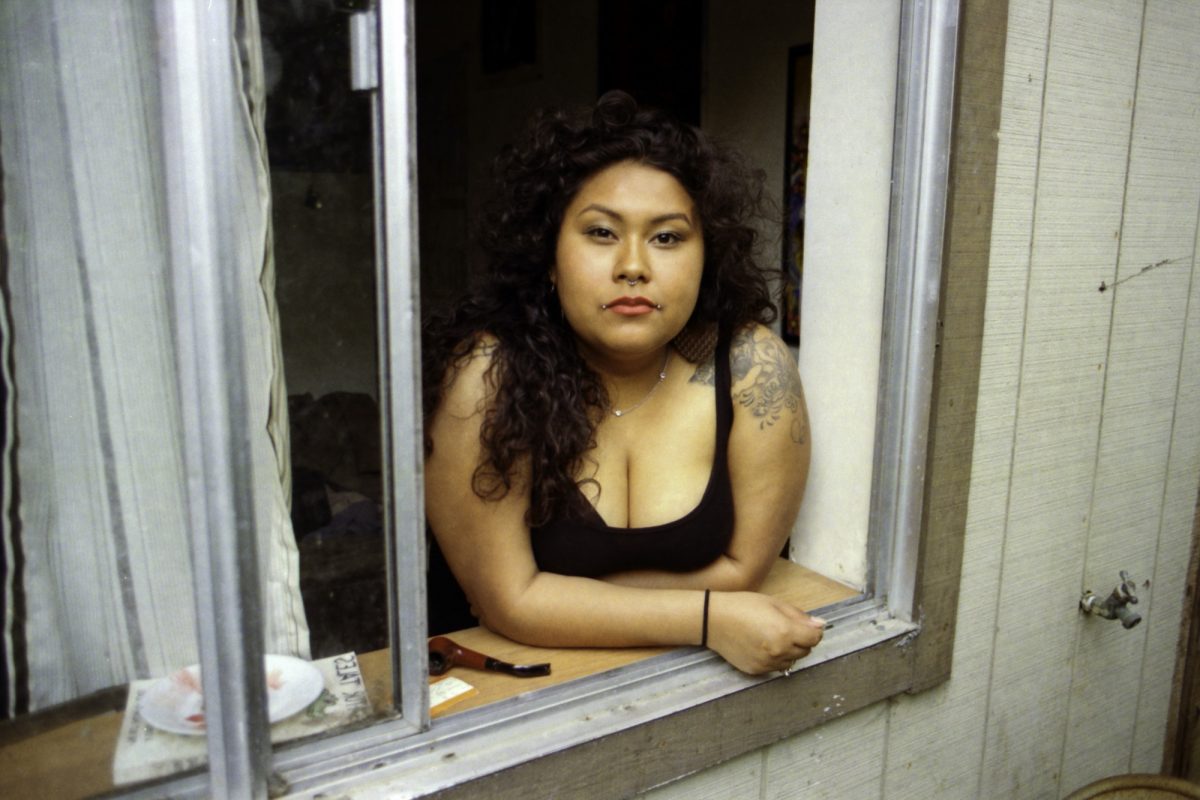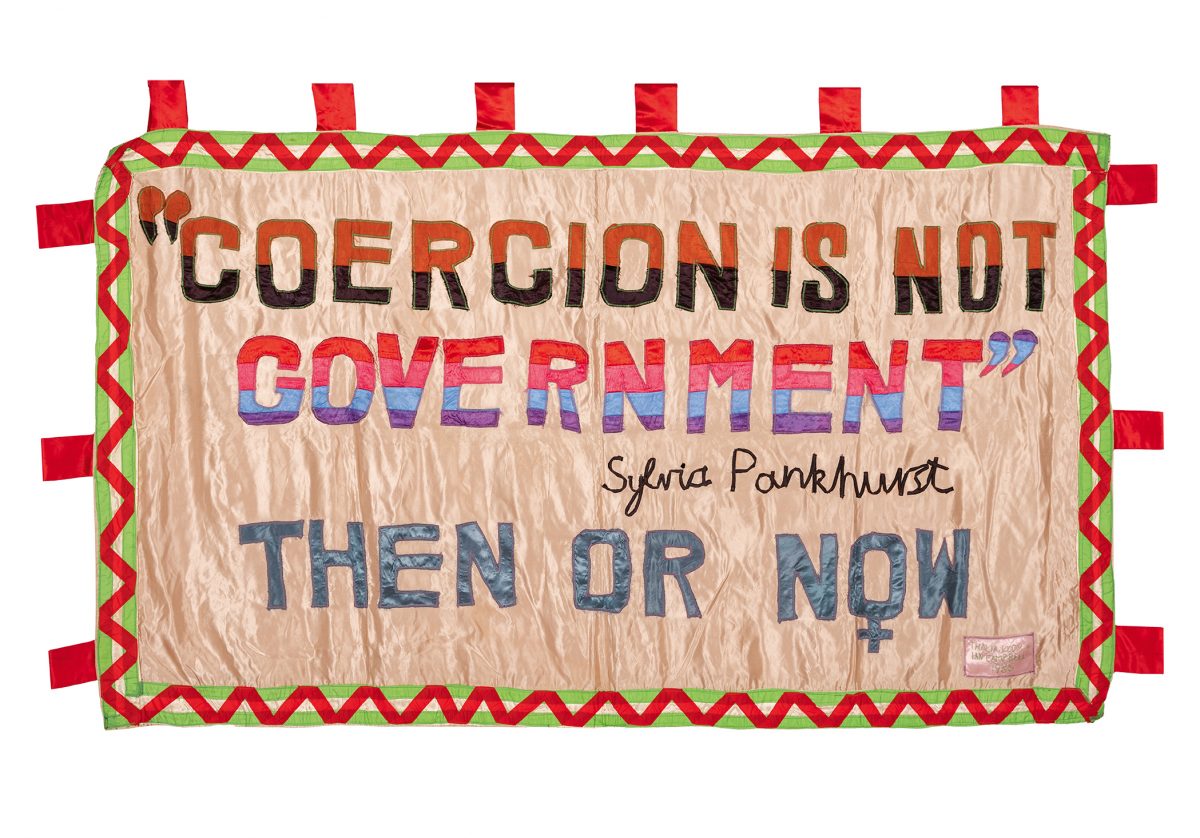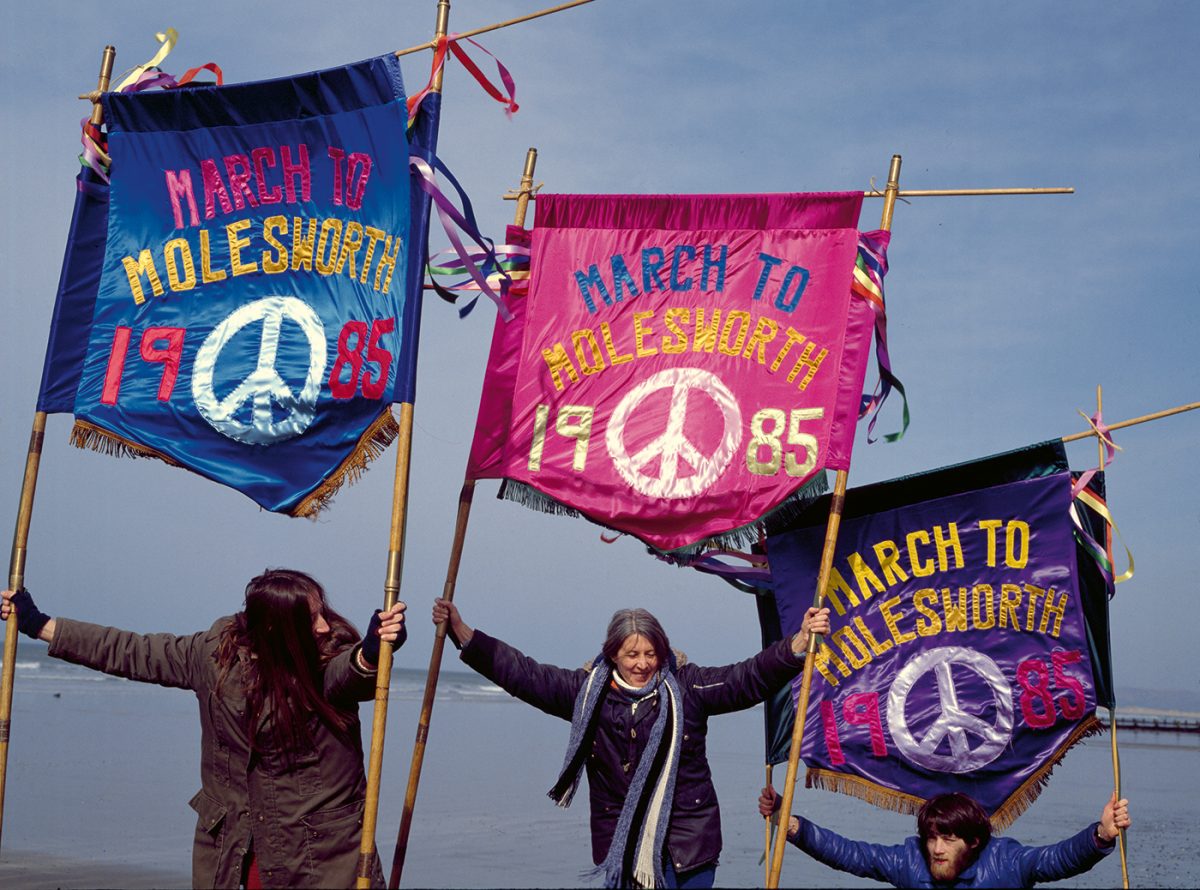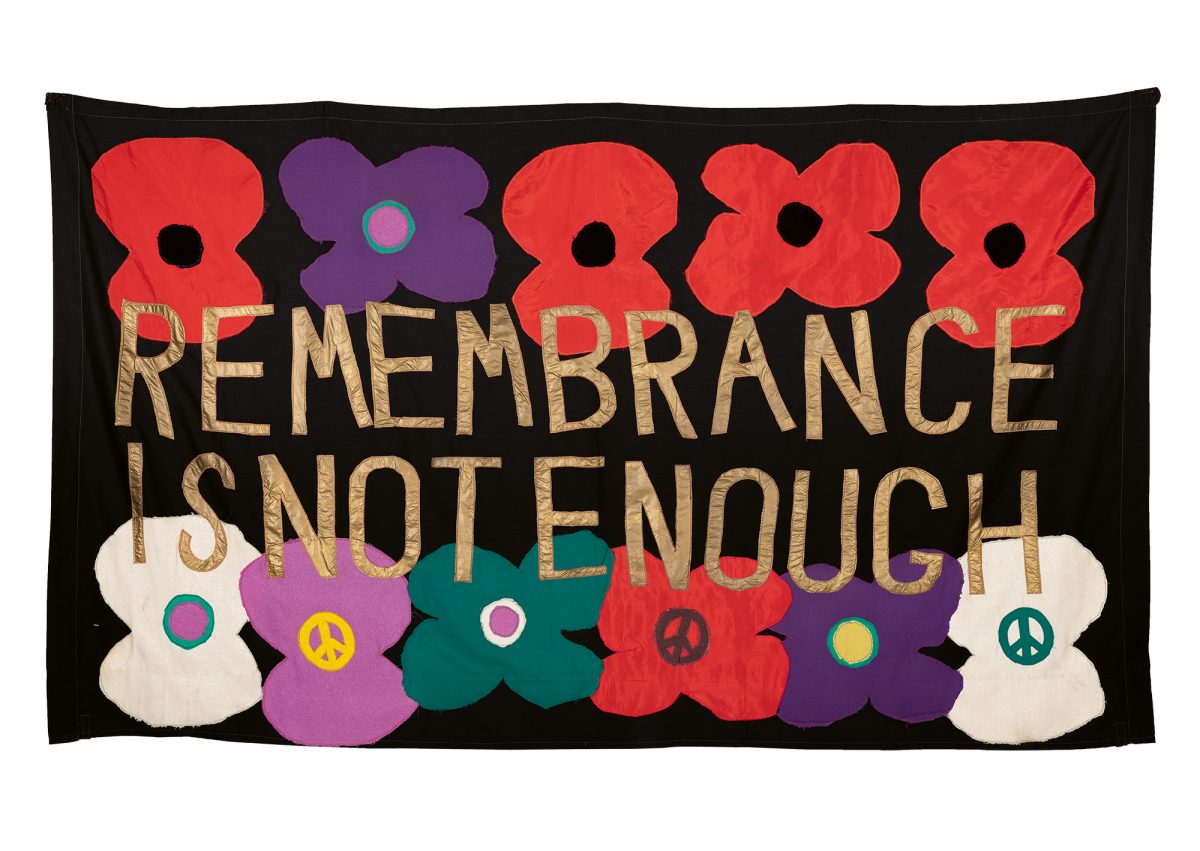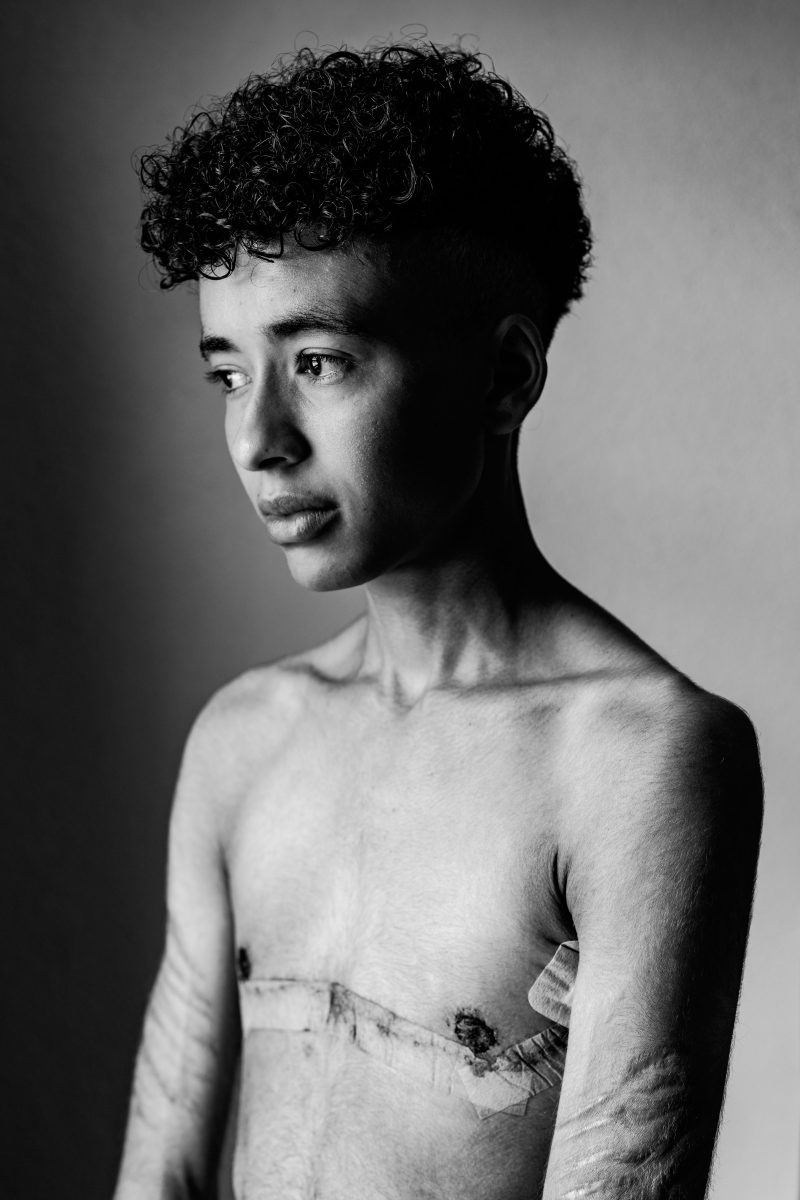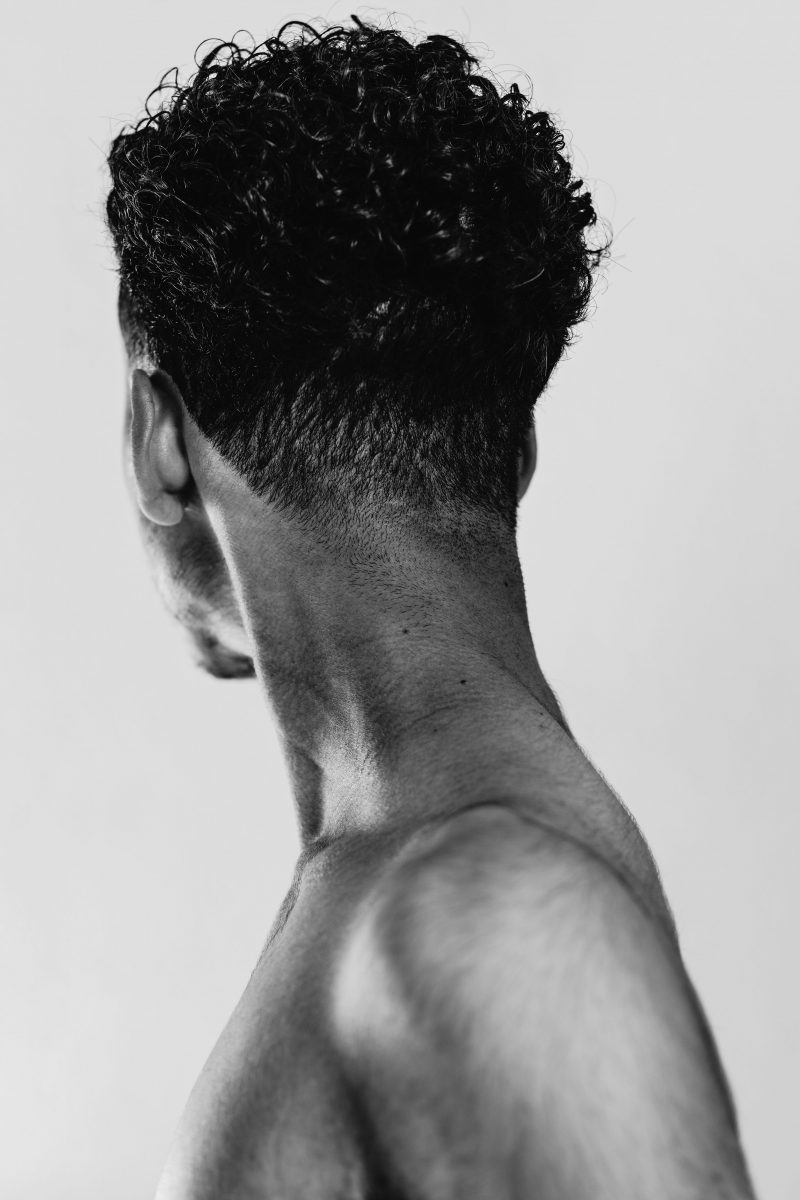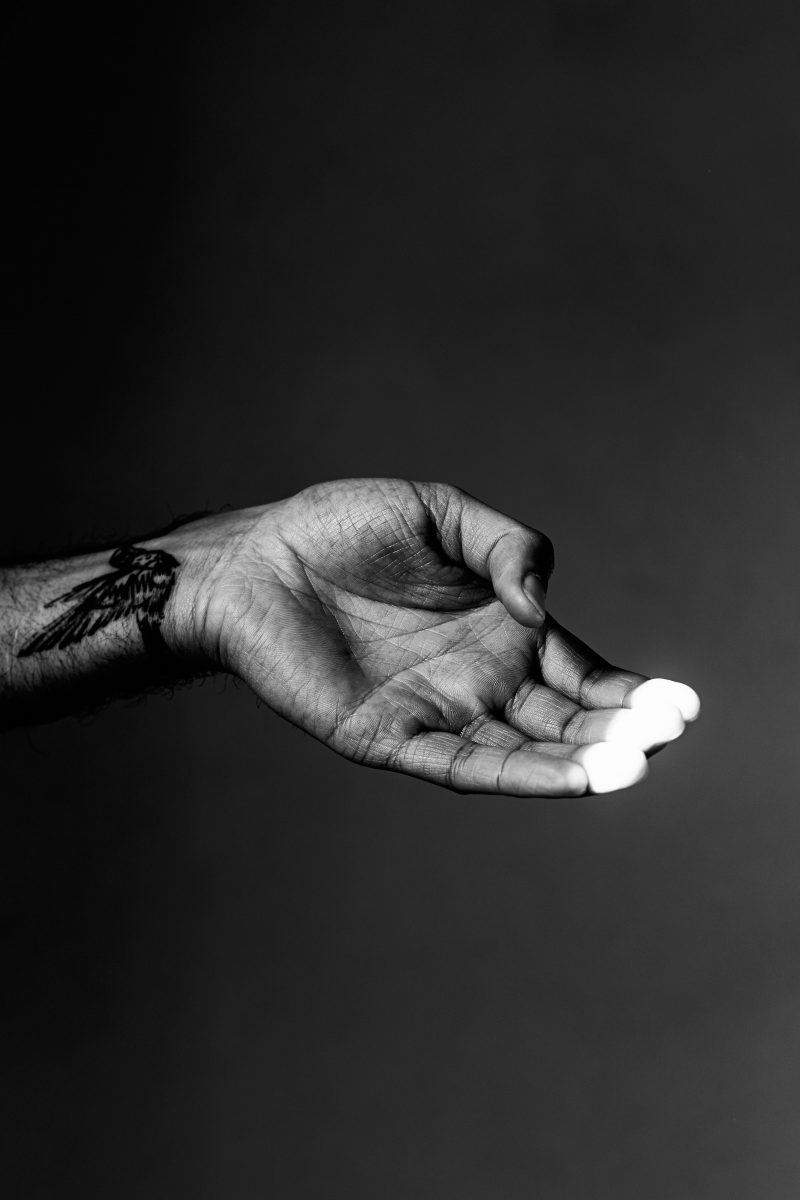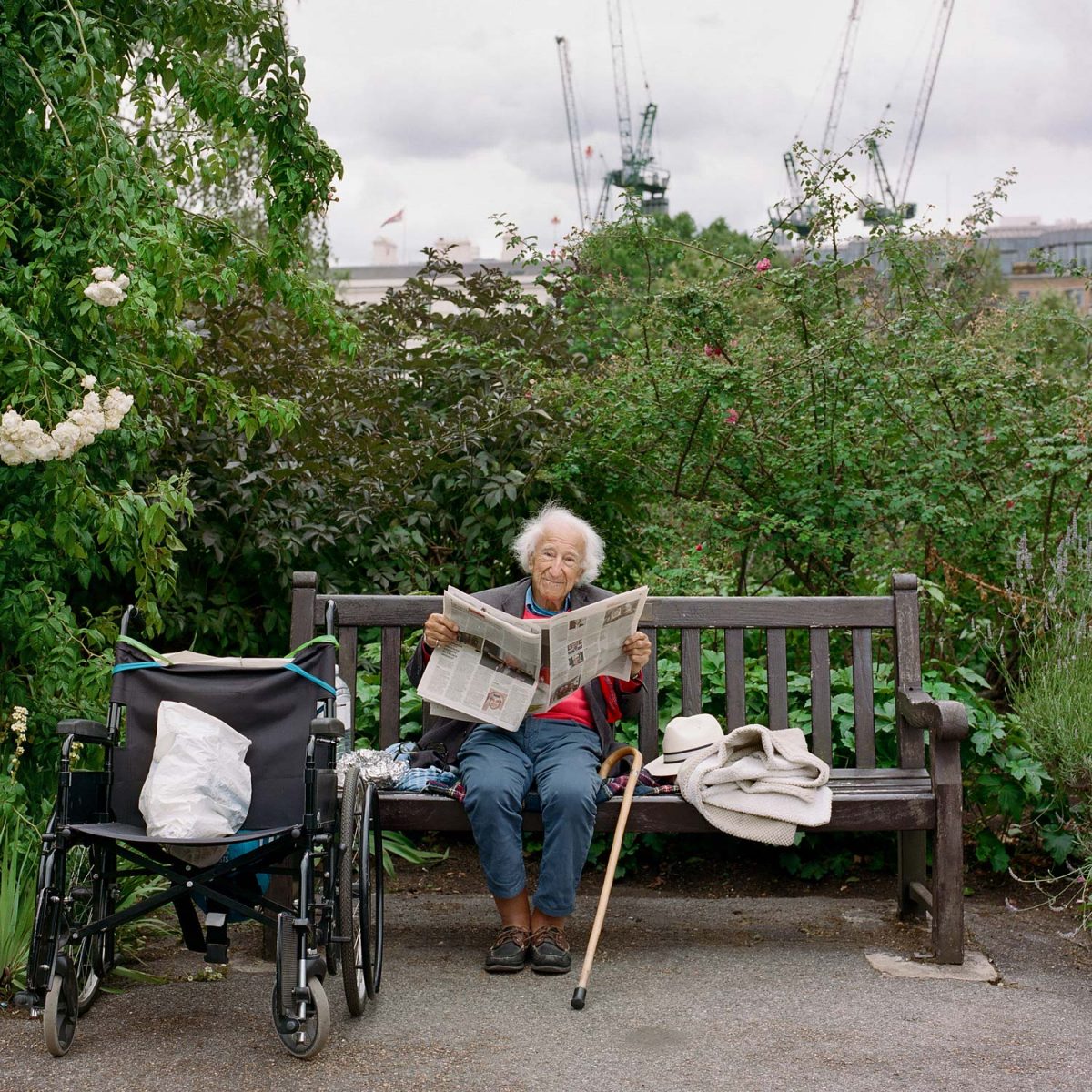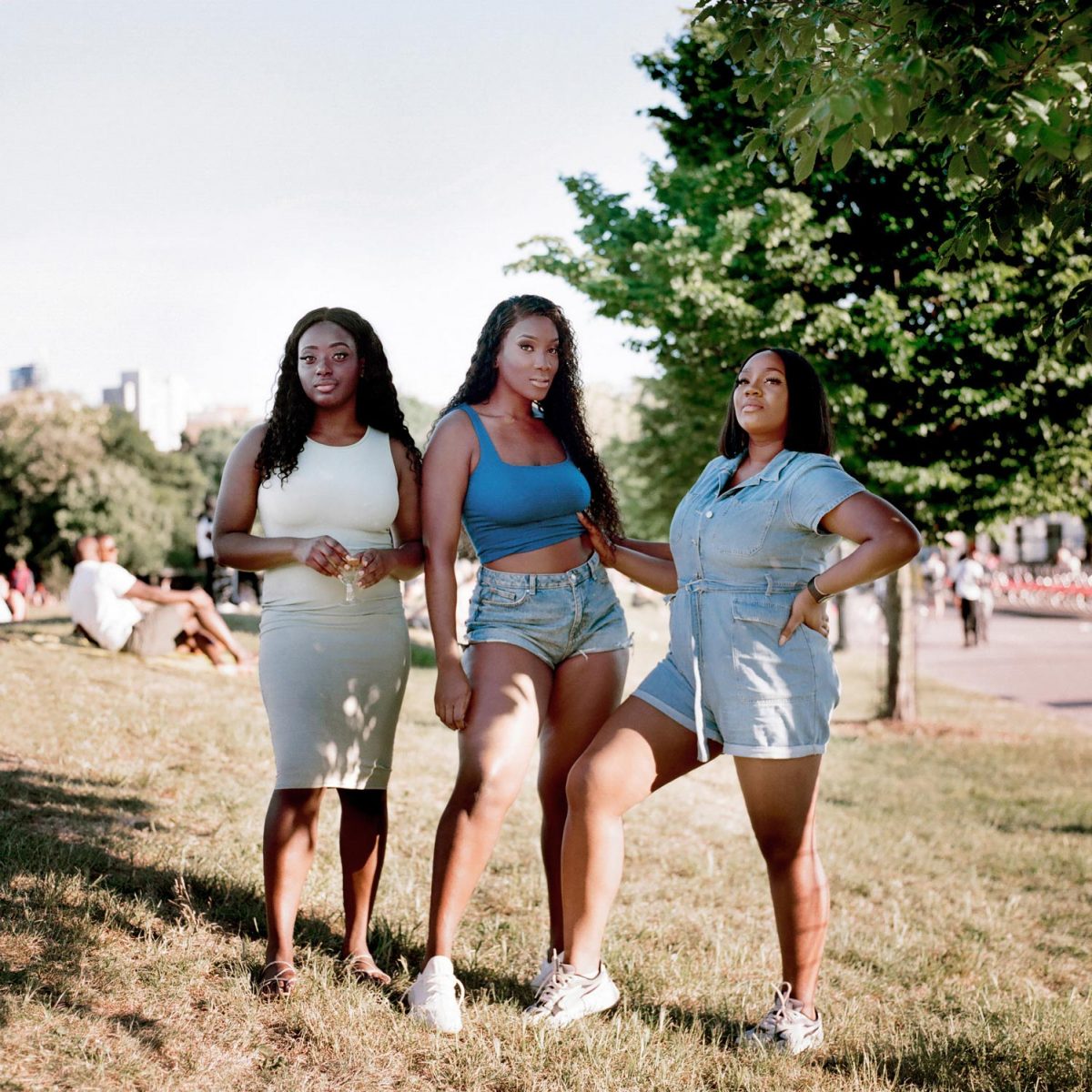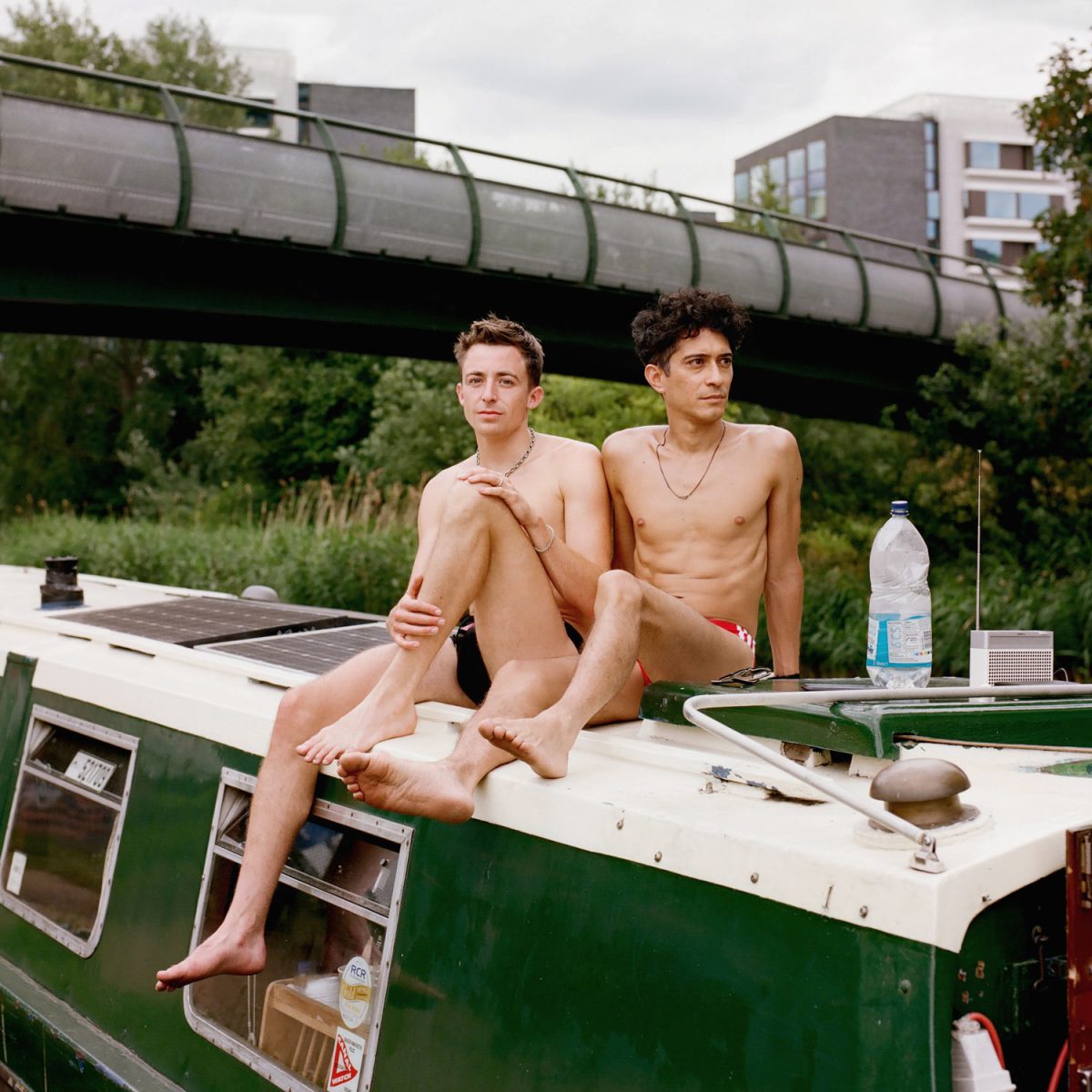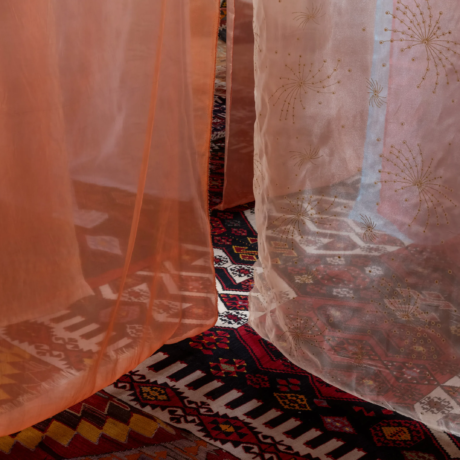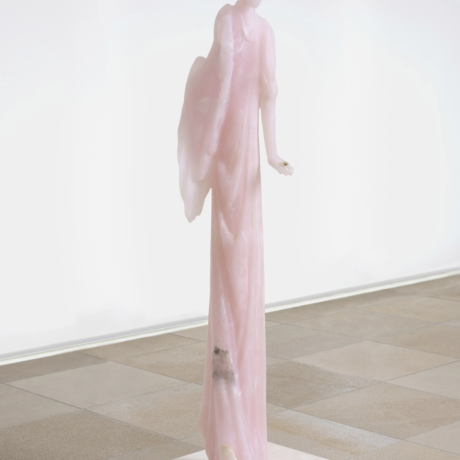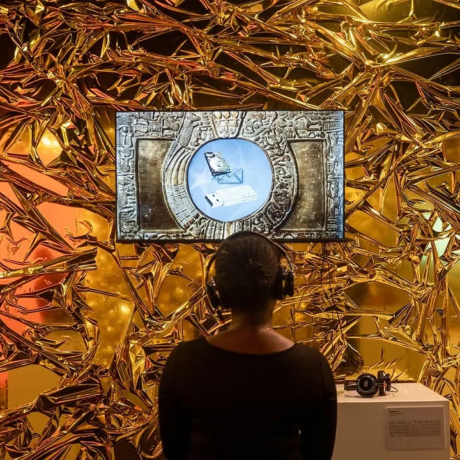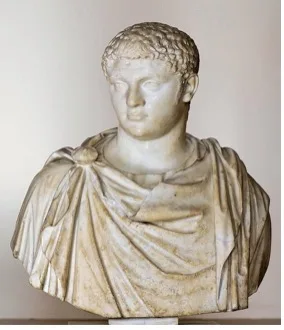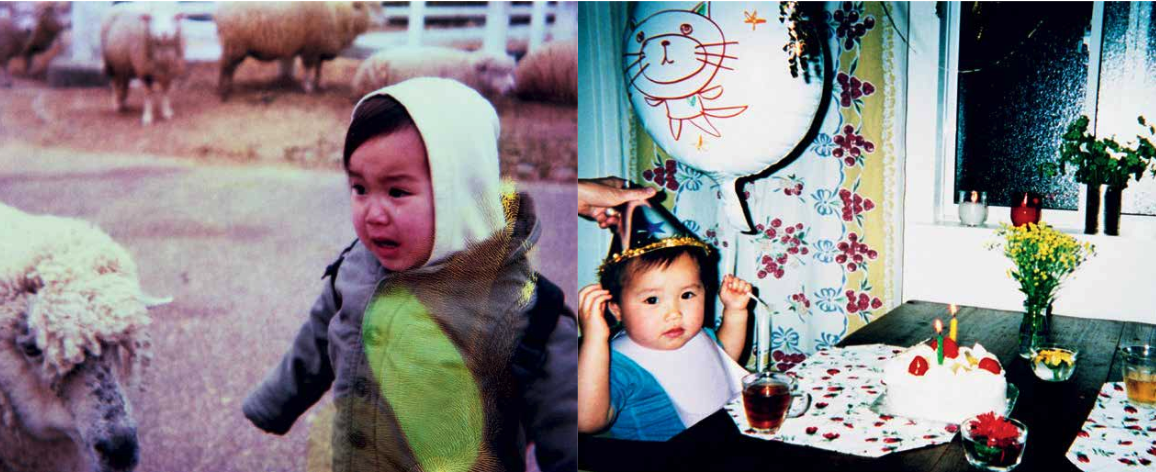
Tokyo and My Daughter by Takashi Homma (Nieves)
There are no accompanying words of explanation printed in Takashi Homma’s Tokyo and My Daughter, a concise photobook whose reputation has only grown since its first publication by Nieves in 2006. The early years of a young girl (curiously, she is the daughter of a friend and not Homma’s own daughter) are documented in intimate shots of her at home amid the thrum of family life. She frequently looks directly at the camera with an assertion that feels actively collaborative—in one spread, she holds up her own camera before the lens, as if about to take a snap of Homma himself. These focused portraits of childhood are interspersed with evocative shots of the urban surroundings in which they are set, expanding beyond the home to the 1970s-era architecture and artificial lights of Tokyo. “I love Tokyo very much,” Homma has stated, in a simple sentiment that can be felt throughout these intuitively arranged images that zoom in on the minutiae of life in a big city. (Louise Benson)
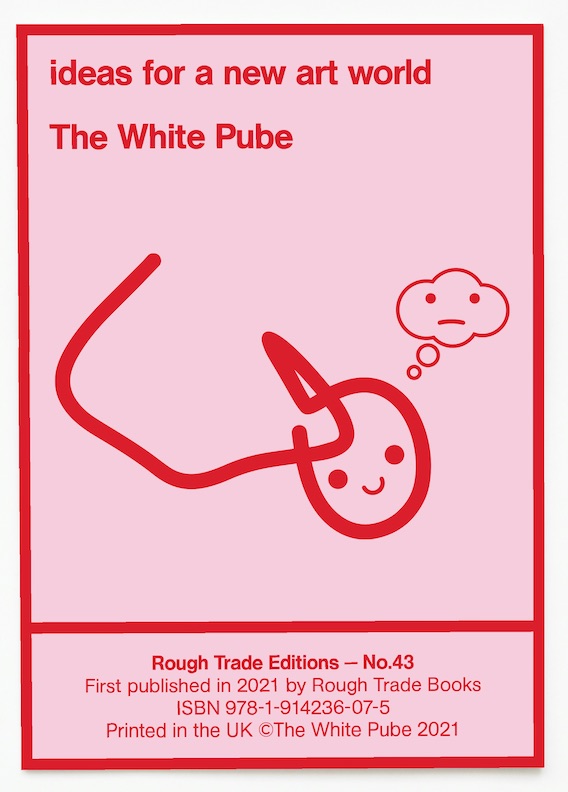
Ideas for a New Art World by The White Pube (Rough Trade Editions)
From January to April, collaborative art critics The White Pube plastered six “ideas for a new art world” on billboards across the country. The pithy one-liners distilled five years’ worth of Gabrielle de la Puente and Zarina Muhammad’s leftfield art criticism and cultural commentary, centring on their key themes and demands: anti-racism; stable income for artists; audience-led commissioning; transparency over nepotism; anti-Capitalism; and institutional decolonisation. Now the six pointers are expanded in a new pamphlet, at once retaining their micro focus (Tate, the British Museum and artist Eddie Peake are rightly singled out), while also expanding to suit political pamphlets’ traditional form: Universal Basic Income, Britain’s housing crisis and Britain’s colonial legacy are discussed at greater length as the pair continues to “hit our heads against the wall” at the art world’s slow progress. (Ravi Ghosh)
Dessert First! by Hanna Quevedo (Burn Barrel Press and Hydra/Inframundo)
If you’re looking for a covid and eco-friendly way to travel this summer, this photobook is the answer. A visual homage to the compelling strangeness of the United States of America, Dessert First! is a portrait of a place according to a foreigner’s eyes, a place everyone is forced into some kind of relationship with but that no-one will ever really understand. The book brings together photographs taken over a decade travelling the US by Quevedo, a Spanish photographer now living in Mexico City who has trained in diverse subjects including anthropology, advertising and Communication Sciences. The images question the position of the outsider-photographer and clichéd ideas of the foreign gaze, ideas the US itself has constructed through its cultural omnipotence. (Charlotte Jansen)
Women For Peace: Banners From Greenham Common by Charlotte Dew (Four Corners Books)
The Greenham Common Women’s Peace Camp was established in the late summer of 1981, following a march that saw a group of women walk over 100 miles from Cardiff carrying a handmade banner in protest of the installation of nuclear missiles on the site. The camp would remain in place for more than two decades, with its numbers swelling to in excess of 30,000 at its largest. Protestors surrounded the perimeter of the air base, and combined unusual hand-sewn banners with toys, children’s clothes and knitted objects as a means of making their voice heard. A new book brings together a comprehensive photographic document of these items of protest, 40 years on from the establishment of the camp, cataloguing the remarkable creativity inherent in the banners and objects that communicated their message. As Rosalind Jana wrote in a recent feature on the protests for Elephant, “The women at Greenham saw protest as personal and imaginative.” (Louise Benson)
Marvel by Marvel Harris (MACK)
Marvel Harris’ autobiographical photographic series encompasses all aspects of his life as an autistic, transgender man through a turbulent period of reflection and self-realisation. Winner of this years’ Mack First Book Award, Harris’ black and white photographs are direct emotional depictions: he wears anguish, despair, elation and tranquillity as the narrative progresses, each captured in a delicate style which pays particular attention to the body’s storytelling ability. Each image is accompanied by a dated text entry at the end of the book, detailing from his gender dysphoria in 2016 to finally being able to reconnect with himself in 2019, swimming in a lake after a long absence: “I felt reborn with the sound of tumbling water. I felt alive, and that was all that I needed.” (Ravi Ghosh)
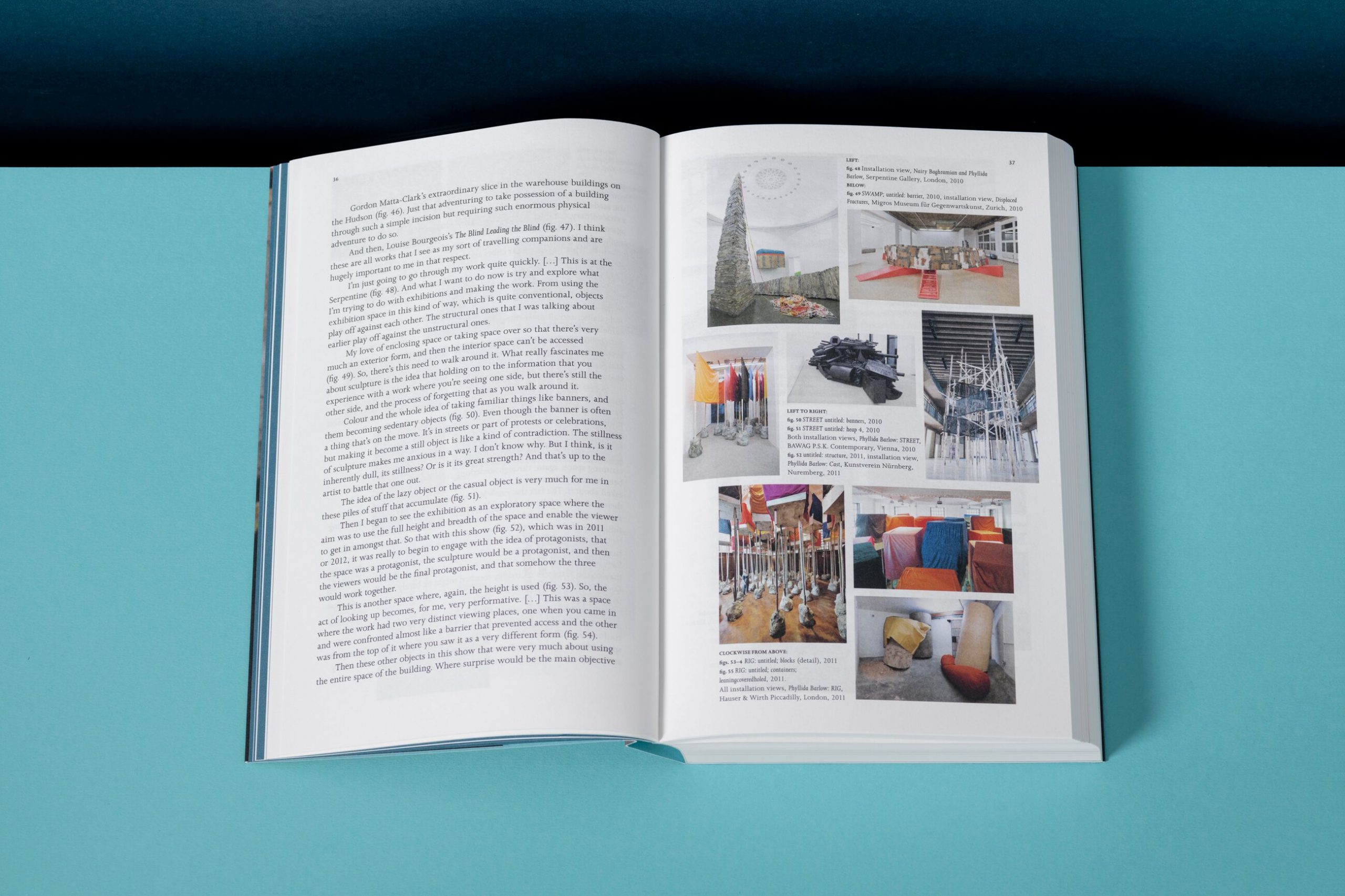
Phyllida Barlow: Collected Lectures, Writings, and Interviews (Hauser & Wirth)
It is no secret that recognition came late in life for Phyllida Barlow. The acclaimed sculptor spent decades educating a new generation of artists alongside her own practice before she began receiving widespread recognition with epic commissions from the likes of Tate, the Royal Academy of Arts, and the Venice Biennale. This book brings together a huge cross section of her writing, collating not only her lecturers but opinions on teaching and drawing, as well as conversations with, and thoughts on, other artists. (Holly Black)
Park Life by Sophia Spring (Hoxton Mini Press)
This “love letter to London’s green spaces” feels like a much-needed compendium following the solace so many Londoners found in even the tiniest patch of grass during various pandemic lockdowns. Sophia Spring’s photographs take the form of portraits featuring various parkgoers from Lea Valley to Peckham Rye, interspersed with tranquil shots of canals, foliage, and the odd power line. She snaps dog walkers, sunbathers, picnicking families, ravers, swimmers, skateboarders and more. While the odd manicured lawn does pop up, wide-open heaths and marshland take precedence, in a fitting ode to a city where nature and common space should be available to all. (Holly Black)
